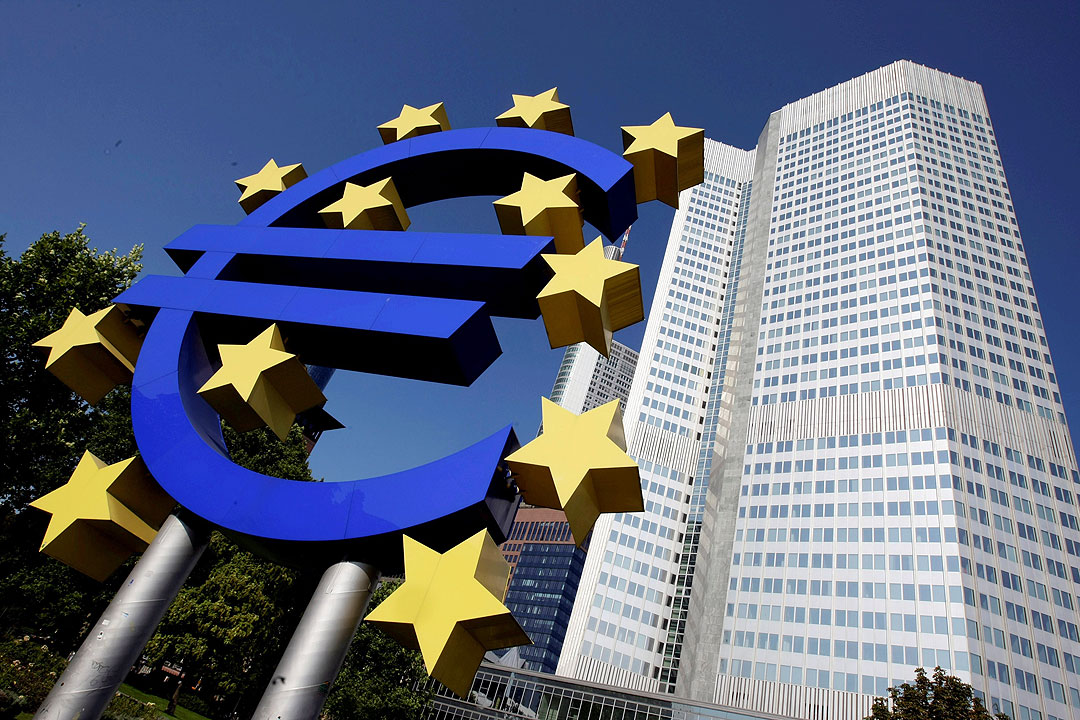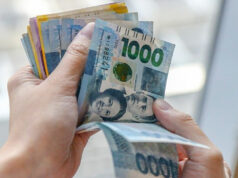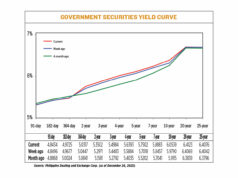ECB relaxed about euro strength, risk of too low inflation

FRANKFURT — Tariffs will weigh on euro zone economic growth and prices for years, but there is little risk of inflation falling too low, and even the euro’s surge against the dollar is not a major worry, European Central Bank (ECB) Vice-President Luis de Guindos said.
The ECB signaled a pause in policy easing this month despite projections showing price growth dipping below its 2% target temporarily on the strong euro and low oil prices, reviving worries that the ultra-low inflation environment of the pre-pandemic decade could return.
But Mr. De Guindos played down those fears, arguing that the ECB was finally within striking distance of its target after years of under- and overshooting.
“The risk of undershooting is very limited in my view,” Mr. De Guindos told Reuters in an interview. “Our assessment is that risks for inflation are balanced.”
A key reason why inflation will rebound to target after dipping to 1.4% in the first quarter of 2026 is that the labor market remains tight and unions will keep demanding healthy increases, keeping compensation growth at 3%, Mr. De Guindos argued.
While Mr. De Guindos did not explicitly argue for a pause in policy easing, he said that financial investors, who now bet on just one more interest rate cut, possibly towards the end of the year, correctly interpreted ECB President Christine Lagarde’s message.
“Markets have understood perfectly well what the President said about being in a good position,” he said. “I think that markets believe and discount that we are very close to our target of sustainable 2% inflation over the medium term.”
The euro has risen by 11% against the dollar in the past three months, hitting its highest level in almost four years at $1.1632 on Thursday.
As well as dealing exporters another blow on top of US tariffs, a stronger euro could lower imported prices further.
But Mr. De Guindos said the exchange rate had not been volatile, nor had its appreciation been rapid, two key metrics in his view.
“I think that, at $1.15, the euro’s exchange rate is not going to be a big obstacle,” said Mr. De Guindos, a former Spanish economy minister and the longest-serving ECB board member.
RESERVE CURRENCY?
Mr. De Guindos poured cold water on talk that the euro could soon challenge the dollar’s status as the world’s dominant currency.
The euro zone still lacked the necessary financial architecture or defense capabilities to become a real challenger and that is also going to limit its gains, another argument to counter fears over too low inflation.
“The role of the US dollar as a reserve currency in the short term is not going to be challenged, in my opinion,” Mr. De Guindos said.
The dollar accounted for about 58% of global foreign exchange reserves at the end of 2024. While that is down 10 percentage points from a decade earlier, the euro’s share has not increased from around 20%. Instead, smaller currencies have benefited.
Although excessive government spending and erratic policy in the US have raised questions about debt sustainability and the status of the dollar, there are no doubts about the reliability of the US Federal Reserve, Mr. De Guindos added.
He said the ECB was convinced that the Fed’s recently renewed dollar backstop would remain in place and that gold reserves kept by some of the bloc’s central banks at the New York Fed were so safe that even the idea of moving them amid the current political turmoil did not come up. — Reuters



